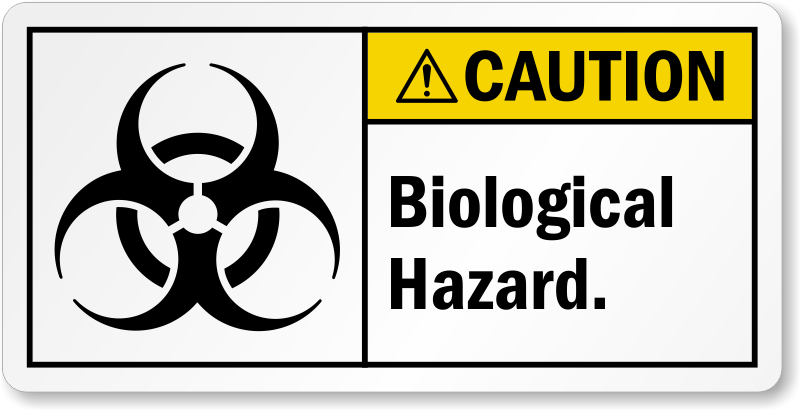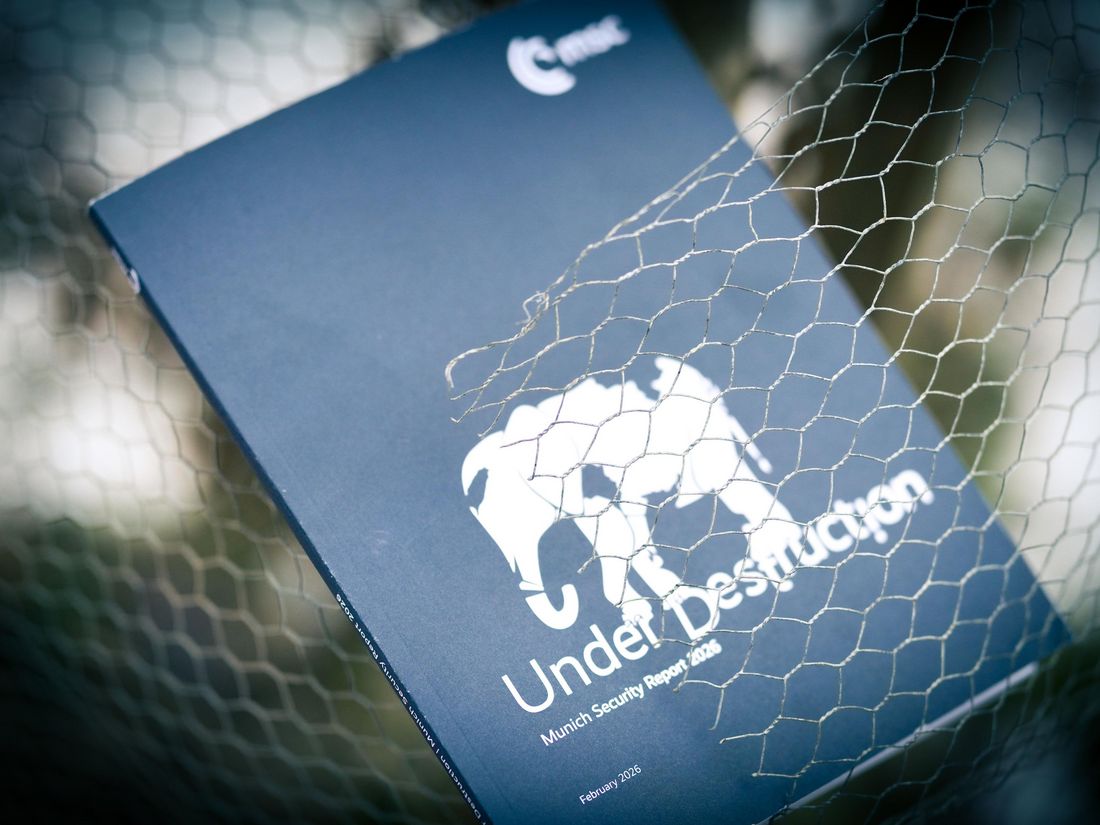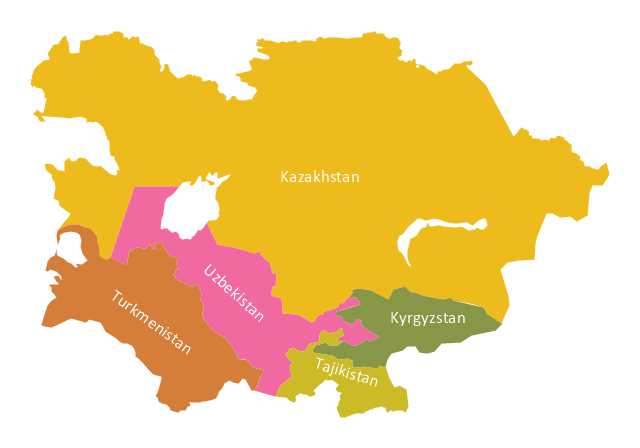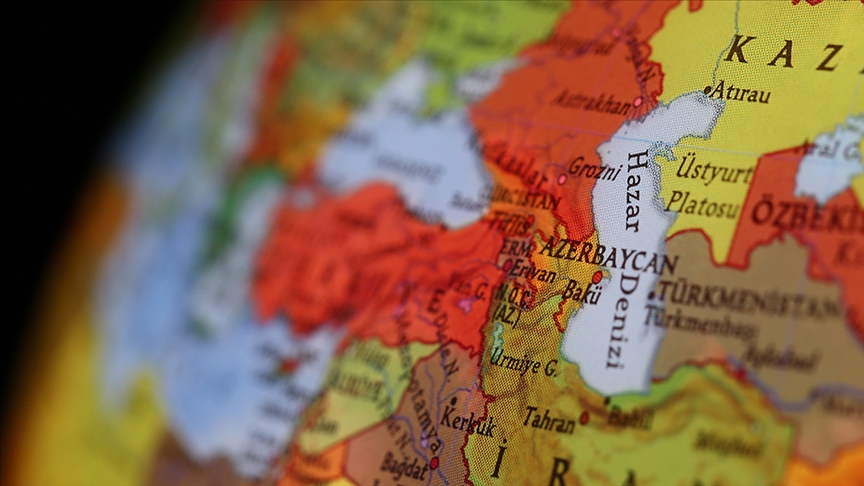
On the occasion of the 45th anniversary of the entry into force of the United Nations Convention on the Prohibition of the Development, Production and Stockpiling of Bacteriological (Biological) and Toxin Weapons and on Their Destruction (BWC) on 26 March 2020, some state parties to the said Convention such as Russia[1] and India[2] have issued statements. Both said statements refer to the current novel coronavirus (SARS-CoV-2) pandemic and stress the efforts to counter global spread of the virus. The statements also draw attention to the 9th Review Conference of the Convention in 2021 and underline the importance of strengthening the implementation of the BWC. Russia, in her statement, proposes “to resume the work on the legally binding Protocol to the Convention with effective verification mechanism, to establish under the Convention mobile biomedical units and Scientific Advisory Committee and to improve current confidence building measures.”
BWC was signed at London, Moscow and Washington on 10 April 1972 and entered into force on 26 March 1975. It is the first multilateral disarmament treaty which proposes general and complete disarmament. The first introductory paragraph of the Convention is as follows:
“Determined to act with a view to achieving effective progress towards general and complete disarmament, including the prohibition and elimination of all types of weapons of mass destruction, and convinced that the prohibition of the development, production and stockpiling of chemical and bacteriological (biological) weapons and their elimination, through effective measures, will facilitate the achievement of general and complete disarmament under strict and effective international control.”
The Convention prohibits the development, production, acquisition, transfer, retention, stockpiling, and use of biological and toxin weapons. It is a major instrument for the international community’s efforts to address the proliferation of weapons of mass destruction[3]. Turkey signed the Convention on 4 October 1972 and ratified it on 25 October 1974[4].
Article 1 of the Convention states the following:
“Each State Party to this Convention undertakes never in any circumstances to develop, produce, stockpile or otherwise acquire or retain:
(1) Microbial or other biological agents, or toxins whatever their origin or method of production, of types and in quantities that have no justification for prophylactic, protective or other peaceful purposes;
(2) Weapons, equipment or means of delivery designed to use such agents or toxins for hostile purposes or in armed conflict”[5].
As it was mentioned above, the BWC is one of the key legally binding instruments of the international non-proliferation and disarmament regime. It is the only legal means to prevent biological agents and toxins to be used as arms. In this sense, it is important to establish new structures that contribute to effective functioning of the Convention, and to strengthen its implementation. In this regard, the upcoming Review Conference provides a good opportunity to explore ways to strengthen the BWC. Current frightening developments in the fast spread of novel coronavirus make it more important than ever to strengthen the implementation of the BWC.
The ninth Review Conference of BWC will take place next year. There is no doubt that this review conference will be of special importance due to the deadly coronavirus outbreak. We know that the positive developments in science and technology have brought many benefits to areas such as health, environment, and agriculture. However, we should also be conscious of the fact that unchecked and unregulated developments in science and technology, in some cases, might bring about unintentional catastrophe. In this regard, there is a need for regular review of science and technology developments in relation to the microbial or other biological agents by experts.
In the light of foregoing, it will be very important for Turkey to play an active role in the upcoming BWC review conference and take her place among the leading countries who make concrete proposals for strengthening the Convention.
*Photo: https://www.mysafetylabels.com
[1] “Statement of the Ministry of Foreign Affairs of the Russian Federation on the Occasion of the 45th Anniversary of the Biological Weapons Convention Entry into Force” (The Ministry of Foreign Affairs of the Russian Federation, March 26, 2020), 520-26-03-2020, https://www.mid.ru/en/foreign_policy/international_safety/regprla/-/asset_publisher/YCxLFJnKuD1W/content/id/4092588
[2] “45th Anniversary of Entry into Force of the Biological and Toxin Weapons Convention (BWC)” (Ministry of External Affairs Government of India, April 27, 2020), https://mea.gov.in/press-releases.htm?dtl/32604/45th_Anniversary_of_entry_into_force_of_the_Biological_and_Toxin_Weapons_Convention_BWC
[3] “The Biological Weapons Convention,” United Nations, 2009, https://www.unog.ch/80256EE600585943/(httpPages)/04FBBDD6315AC720C1257180004B1B2F?OpenDocument
[4] “Resmi Gazete (Official Gazette)” (Başbakanlık Neşriyat ve Müdevvenat Genel Müdürlüğü, August 6, 1974), 14968, https://www.resmigazete.gov.tr/arsiv/14968.pdf
[5] “Convention on the Prohibition of the Development, Production AndStockpiling of Bacteriological (Biological) and Toxin Weapons Andon Their Destruction” (Web of Prevention Clearing House, April 10, 1972), http://www.opbw.org/convention/documents/btwctext.pdf.
© 2009-2025 Center for Eurasian Studies (AVİM) All Rights Reserved
No comments yet.
-
 THE MYTH OF RULES-BASED INTERNATIONAL ORDER IS UNDER DESTRUCTION
THE MYTH OF RULES-BASED INTERNATIONAL ORDER IS UNDER DESTRUCTION
Teoman Ertuğrul TULUN 13.02.2026 -
 CONSTRUCTIVE EURASIANISM AND COOPERATIVE SECURITY: AVİM’S PERSPECTIVE ON THE BLACK SEA REGION
CONSTRUCTIVE EURASIANISM AND COOPERATIVE SECURITY: AVİM’S PERSPECTIVE ON THE BLACK SEA REGION
Teoman Ertuğrul TULUN 10.10.2025 -
 AVİM ON THE ELEVENTH ANNIVERSARY OF ITS FOUNDING
AVİM ON THE ELEVENTH ANNIVERSARY OF ITS FOUNDING
Teoman Ertuğrul TULUN 05.02.2020 -
 THE EUROPEAN PARLIAMENT RESOLUTION AND THE TERRORIST ATTACK AT CHRISTCHURCH
THE EUROPEAN PARLIAMENT RESOLUTION AND THE TERRORIST ATTACK AT CHRISTCHURCH
Teoman Ertuğrul TULUN 15.03.2019 -
 A QUARTER OF A CENTURY OF INDEPENDENCE OF CENTRAL ASIAN COUNTRIES: THE DEMOGRAPHIC QUANDARY
A QUARTER OF A CENTURY OF INDEPENDENCE OF CENTRAL ASIAN COUNTRIES: THE DEMOGRAPHIC QUANDARY
Teoman Ertuğrul TULUN 08.11.2016
-
 OBSTACLES TO PEACE BETWEEN AZERBAIJAN AND ARMENIA
OBSTACLES TO PEACE BETWEEN AZERBAIJAN AND ARMENIA
Tuğçe TECİMER 26.07.2024 -
 THE ARMENIANS IN SYRIA AND THE NUBAR OZANIAN BRIGADE AFTER THE REGIME CHANGE
THE ARMENIANS IN SYRIA AND THE NUBAR OZANIAN BRIGADE AFTER THE REGIME CHANGE
Tuğçe TECİMER 05.02.2025 -
 G20 AND BRICS 2017 XIAMEN SUMMIT
G20 AND BRICS 2017 XIAMEN SUMMIT
Vuslat Nur ŞAHİN 21.09.2017 -
 THAI COURT RULES PM MUST STEP DOWN, WITH NO END TO TURMOIL IN SIGHT
THAI COURT RULES PM MUST STEP DOWN, WITH NO END TO TURMOIL IN SIGHT
Hande Apakan 06.05.2014 -
 ARMENIA: THE COUNTRY THAT ISOLATES ITSELF IN THE CAUCASUS
ARMENIA: THE COUNTRY THAT ISOLATES ITSELF IN THE CAUCASUS
Gülperi GÜNGÖR 23.03.2023
-
25.01.2016
THE ARMENIAN QUESTION - BASIC KNOWLEDGE AND DOCUMENTATION -
12.06.2024
THE TRUTH WILL OUT -
27.03.2023
RADİKAL ERMENİ UNSURLARCA GERÇEKLEŞTİRİLEN MEZALİMLER VE VANDALİZM -
17.03.2023
PATRIOTISM PERVERTED -
23.02.2023
MEN ARE LIKE THAT -
03.02.2023
BAKÜ-TİFLİS-CEYHAN BORU HATTININ YAŞANAN TARİHİ -
16.12.2022
INTERNATIONAL SCHOLARS ON THE EVENTS OF 1915 -
07.12.2022
FAKE PHOTOS AND THE ARMENIAN PROPAGANDA -
07.12.2022
ERMENİ PROPAGANDASI VE SAHTE RESİMLER -
01.01.2022
A Letter From Japan - Strategically Mum: The Silence of the Armenians -
01.01.2022
Japonya'dan Bir Mektup - Stratejik Suskunluk: Ermenilerin Sessizliği -
03.06.2020
Anastas Mikoyan: Confessions of an Armenian Bolshevik -
08.04.2020
Sovyet Sonrası Ukrayna’da Devlet, Toplum ve Siyaset - Değişen Dinamikler, Dönüşen Kimlikler -
12.06.2018
Ermeni Sorunuyla İlgili İngiliz Belgeleri (1912-1923) - British Documents on Armenian Question (1912-1923) -
02.12.2016
Turkish-Russian Academics: A Historical Study on the Caucasus -
01.07.2016
Gürcistan'daki Müslüman Topluluklar: Azınlık Hakları, Kimlik, Siyaset -
10.03.2016
Armenian Diaspora: Diaspora, State and the Imagination of the Republic of Armenia -
24.01.2016
ERMENİ SORUNU - TEMEL BİLGİ VE BELGELER (2. BASKI)
-
AVİM Conference Hall 24.01.2023
CONFERENCE TITLED “HUNGARY’S PERSPECTIVES ON THE TURKIC WORLD"









